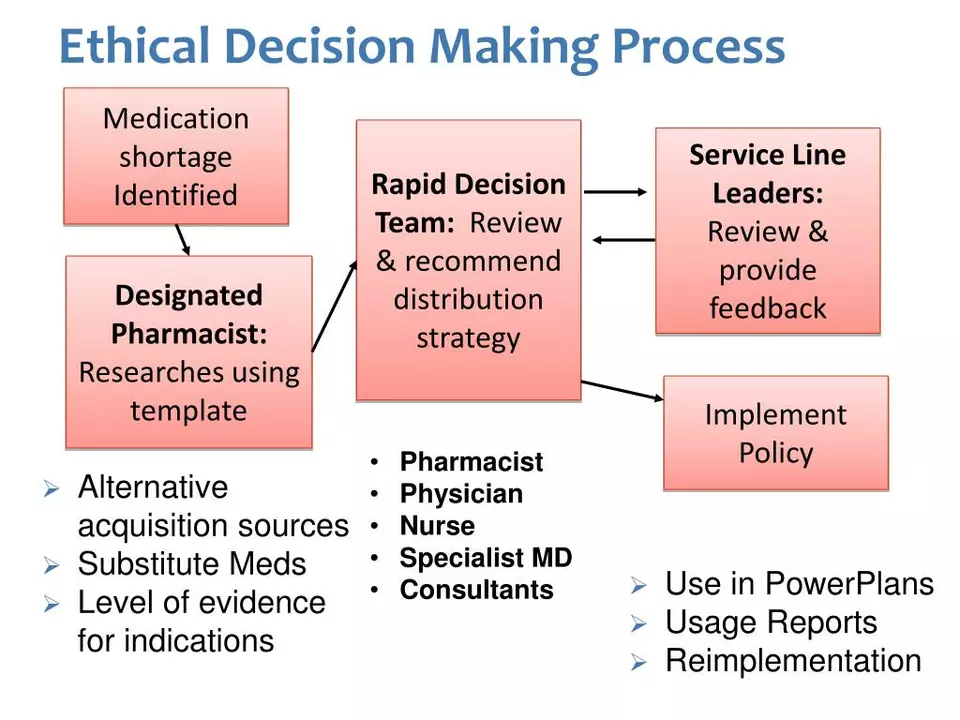Minor surgery: what to expect, how to prepare, and how to recover
Minor surgery usually means a short, outpatient procedure done with local anesthesia. Think mole or cyst removal, skin biopsies, stitch repairs for cuts, and draining small abscesses. These procedures are common, low-risk, and meant to fix a problem quickly so you can go home the same day.
Before the procedure
You’ll get a clear plan from the clinic: arrival time, where to check in, and whether to avoid food or meds. Most minor surgeries don’t need fasting, but if sedation is involved your provider will tell you to skip food for a few hours. Bring a list of medicines and allergies, and ask if you should stop blood thinners or NSAIDs a few days before—don’t change prescriptions without approval.
Ask these quick questions before you sign the consent form: What exactly will be done? How long will it take? Who will remove stitches and when? What risks should I watch for? A short chat clears expectations and reduces stress.
During and right after
Local anesthesia numbs the area; you may feel pressure or tugging but not sharp pain. The procedure often takes 10–45 minutes. Afterward the nurse will give basic instructions, a dressing, and possibly a small prescription for pain or antibiotics if needed. Most people walk out and rest at home for a few hours.
Pain is usually mild. Over-the-counter pain relievers like acetaminophen or ibuprofen work for most cases, unless your doctor prescribes something stronger. Keep the wound covered and dry for the first 24–48 hours unless told otherwise.
Aftercare and signs to watch
Follow wound care instructions exactly: clean with mild soap and water unless your provider advises saline or special cleansers. Replace dressings as directed. Stitches on the face are often removed in 4–5 days; on the body or joints they may stay 10–14 days. If dissolvable stitches were used, they’ll fall out or dissolve on their own.
Call your clinic if you see increasing redness, swelling, heavy bleeding, pus, a fever over 100.4°F (38°C), or if pain gets much worse instead of better. Also call if the wound opens or you have numbness that doesn’t improve.
Minimize scarring by avoiding sun exposure to the healing wound and using sunscreen once the skin has closed. Scar creams or silicone sheets can help after the wound is fully healed—ask your provider when to start them.
Choosing a clinic: pick a facility with good reviews and clear communication. Confirm follow-up care and who to contact after hours. Minor surgery is routine, but good aftercare and quick responses to problems make recovery smoother.
Have questions about a specific procedure? Reach out to your provider early—knowing what to expect removes most of the worry and helps you recover faster.

